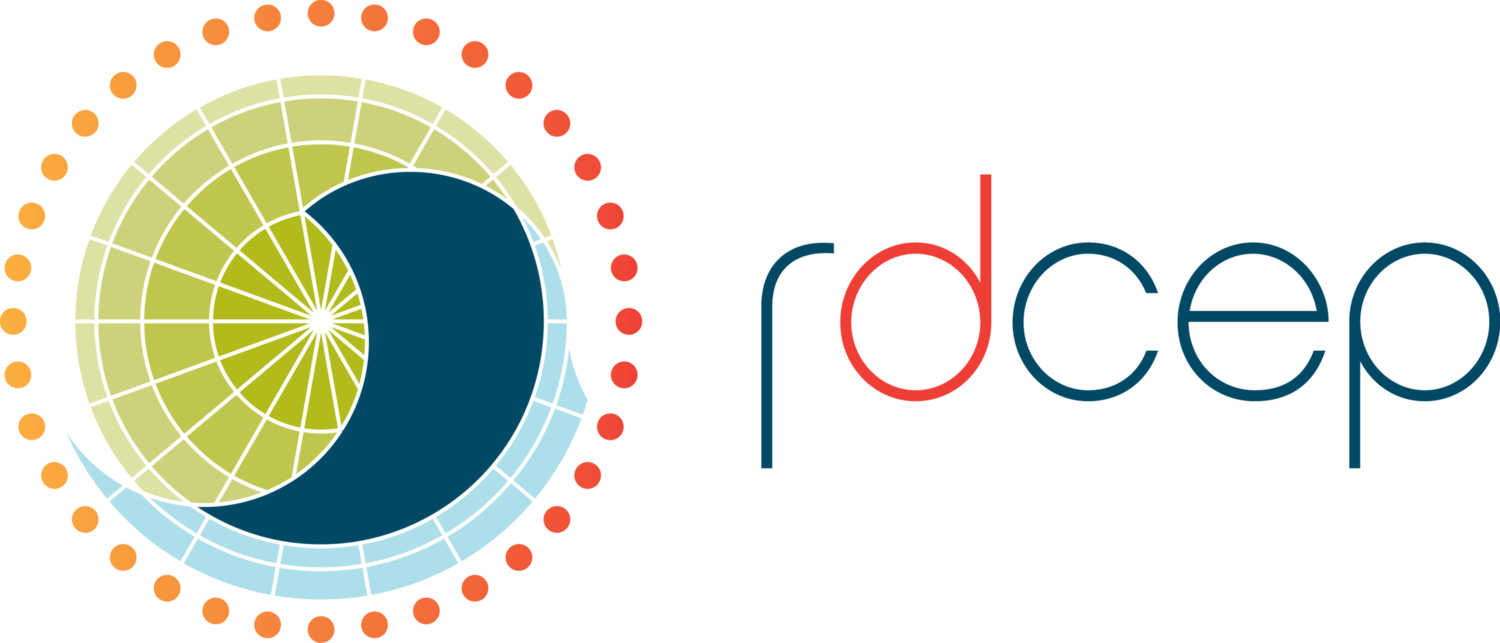Research Scientist
Computation Institute
University of Chicago and Argonne National Laboratory
My main research interest is the understanding of rainfall variability from seasonal to longer time scale. I am also interested in improving the characterization of rainfall variability and extreme weather events target to "real life applications" as for example energy and agricultural demands, and human health. The means to achieve such understanding include observational datasets as well as climate models, including the investigation of single processes affecting the simulated climate.
Currently, I am working on the uncertainty quantification of simulated rainfall due to uncertainties in the representation physical processes governing cloud formation and evolution. These physical processes occur at spatial and temporal scales not resolved by general circulation atmospheric models (AGCMs) and are a major source of uncertainty in explorations of natural climate variability, seasonal predictions and climate change assessments.
I am at present analyzing a large ensemble of present-day AMIP-type perturbed physics experiments I generated using the Geophysical Fluid Dynamic Laboratory (GFDL) High Resolution Atmospheric Model (HiRAM) on the Argonne Leadership Computational Facility. Simulations are performed over the entire globe at 100 Km resolution, which is outstandingly high for this type of studies.
The project is conducted in collaboration with R. Jacob (ANL), R. V. Kotamarthi (ANL) and T. Williams (ANL), Maria Cadeddu (ANL), I. Held (GFDL), M. Zhao (GFDL), D. Neelin, and J. McWilliams (UCLA).
Two secondary projects focus on South American climate: The first project's goal is to investigate the interannual and inter-decadal variability of precipitation in South America and their relationship to ENSO flavors. The analysis is based on examination of atmospheric and coupled general circulation models, as well as observations. The second project's goal is to characterize heat waves in South America and their link to the general circulation.
Research Projects
Precipitation Physics in Climate Models











